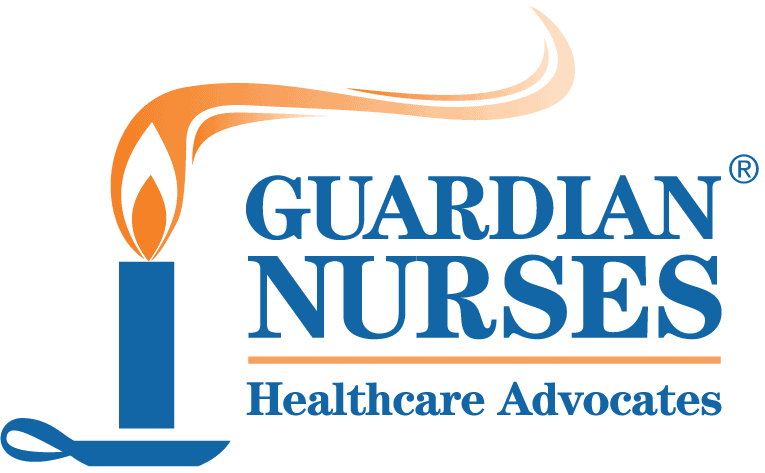I was reading an article this morning that said, “Healthcare organizations need to focus more than ever on patient-centered care. Patient satisfaction metrics will play a bigger role in reimbursements as healthcare reform progresses.” Hmmm, I thought, “need to focus more than ever on patient-centered care….”
I don’t know about the healthcare organizations’ CEOs or the CFOs, but nurses in those organizations HAVE been focused on patients. Perhaps if those organizations valued their nursing staff and the work that they do—and have been doing for years while CEOs have changed their focus—-there wouldn’t need to be a ‘new’ focus on patient-centered care.
Many years ago, my oldest brother, Harry, shared with me a simple, but powerful leadership lesson that he had learned in Officers’ Candidate School in the U.S. Army. “Remember the 3M’s–the mission, the men, and me. They’re all connected,” he said. “If you neglect one, you’ll screw up the others.” The first M stands for the mission; it’s the purpose for which you’re doing what
you’re doing. Whether in your personal or professional life, make sure you understand it, and that it makes legal, moral, and ethical sense, then use it to guide all your decisions. The second M stands for the men, or in my case, the women, the nurses. Welfare of the troops and courage are inextricably linked. When it comes to your men you can’t be good at one without being good at the other. Take care of your men’s welfare by listening and leading them with sound tactics and techniques that accomplish your mission, and by always having the courage of your convictions to do the right thing by them. The final M stands for me. Me comes last for a reason. You have to take care of yourself, but you should only do so after you have taken care of the mission, and the men. Never put your own personal well-being, or advancement, ahead of the accomplishment of your mission and taking care of your men.
While I’m not a combat commander, I do lead an entrepreneurial healthcare organization and have always heeded Brother Harry’s advice. Seems to me that the leaders of larger healthcare organizations would do well to heed it as well.
Maybe then they wouldn’t have to be reminded about patient-centered care.
